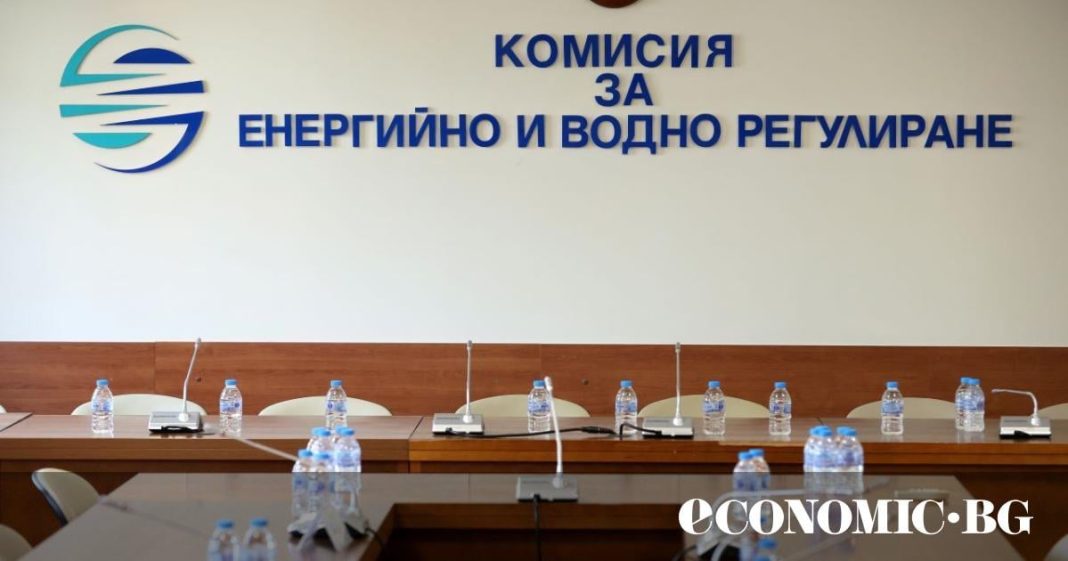The Electricity System Security Fund (FSES) is not concerned about its revenues in the next regulatory period, based on the calculations of the Energy and Water Regulatory Commission (EWRC). However, its management sees the need to check all household bills on a monthly basis as a challenge. This became clear during the discussion of the regulator’s report on electricity prices from July 1 this year.
The FSES hopes that what the EWRC has forecast and reported in its report will be implemented and has promised that all sources of revenue will be harnessed to ensure that the specific price decision of July 1 becomes a reality.
If, however, it turns out that the Fund will not have enough money (BGN 1.2 billion according to KEVR forecasts) to compensate households, the Commission will have to intervene, explained its chairman Plamen Mladenovski. He added that there are no such indications at the moment and that the Fund is expected to receive around BGN 3 billion in revenue.
FSES will check 5 million invoices
FSES Chairman Dian Chervenkondev explained that it is something new for the Fund to compensate end users for higher energy prices. He reminded that every single invoice will be checked through their end suppliers.
This is an enormous challenge for us, as we must ensure that the compensation determined for each customer reaches them, is visible and reflected in their invoices, and the Fund must check over 5 million invoices every month, which is a serious challenge for us,” he explained.
The Fund has always handled compensation for non-residential consumers this way, but now it’s gonna be on a different scale and more demanding.
There will also be difficulties in measuring the electricity that has actually been supplied to the customer and that purchased by end suppliers on the exchange market.
This is due to the fact that commercial meters are read at different times of the month, rather than on the 1st and 30th,” Chervenkondev added.
The challenges for the Fund stem from the fact that there will be an overlap in reporting from month to month, which is why Chervenkondev called for a faster transition to remote metering for all electricity meters, including non-residential customers.
According to Mladenovski, the FSEC is indeed facing a serious challenge, and he wished it “success in its endeavor to check the invoices.”
He added that meetings had been held with the electricity distribution companies to change the billing period to cover the period from the first to the last day of each calendar month, and that options were being explored for switching from rolling billing to remote billing.
The expert confirmed that there are many advantages to liberalizing the retail market, but now is not the time to do so. The reasons he cited were the complex geopolitical situation leading to market volatility and, secondly, the fact that we are in the midst of a transition from coal to renewable energy sources, which in turn leads to high prices during the hours when domestic consumers consume, and the lack of digitization of distribution companies’ networks in Bulgaria, which will not allow domestic subscribers to manage their consumption in a way that could reduce their electricity bills.
The price of electricity
The price of electricity will increase by an average of 4.6% across the country, and the price of heating energy by 4.5%, Mladenovski explained. He added that the Energy and Water Regulatory Commission is still looking for reserves and a downward adjustment can be expected in the final decision.
What does this mean for a subscriber in Sofia in concrete terms? With an average bill of BGN 60, the increase will be around BGN 2.30, in Varna – BGN 2.50, and in Plovdiv – slightly more than BGN 3.20.
For heating, if a subscriber to Toplofikatsiya Sofia has been paying an average of about 100 levs per month, with the new prices they will pay about 105.50 levs.
Mladenovski also commented on the calculations of the Confederation of Independent Trade Unions in Bulgaria (KNSB) that the actual increase is 13%, not 4%.
According to him, the unions may also be referring to the increase in electricity prices in January.
Will the price continue to rise? According to Mladenovski, there are currently no indications that this will happen within the regulatory period from July 1, 2025, to June 30, 2026.
No one can guarantee or predict that nothing will happen. As we know, the price of electricity depends on a number of factors that are beyond Bulgaria’s control and are not under the control of either the Bulgarian government or the Bulgarian regulator.”
When asked what would have happened if we had liberalized the market for households, he said that the price increase would certainly have been over 70%.
ESO objects
The Electricity System Operator (ESO) objected to the report. Specifically, the operator disagrees with the 3% return on transmission prices set by the EWRC.
It is unacceptable in the context of an energy transition, with renewable energy constantly growing, already reaching 61% of unsynchronized capacity during the day, precisely when the operator needs significant funds to invest in the expansion of the electricity transmission network, its modernization, and the adequate integration of renewable energy in order to ensure the security of the electricity system, an anti-market rate of return is set,” commented ESO’s Chief Financial Officer Gergana Terziyska.
According to her, this rate is not in line with economic conditions and, by depriving the operator of these funds, ESO will be unable to implement its investment program, carry out strategic projects, and invest in network expansion.
The system operator requested that this rate of return be reviewed and that an adequate and predictable rate be set.
Mladenovski replied that everything said by the TSO was true, but that the operator was in good financial condition and, in his opinion, its profits could cover the investment program and there was no need for a higher rate.
I do not believe that there is a need to change the rate of return in the transmission price at this stage,” the regulator’s chairman said categorically.
Translated with DeepL.
Източник: Economic.bg


